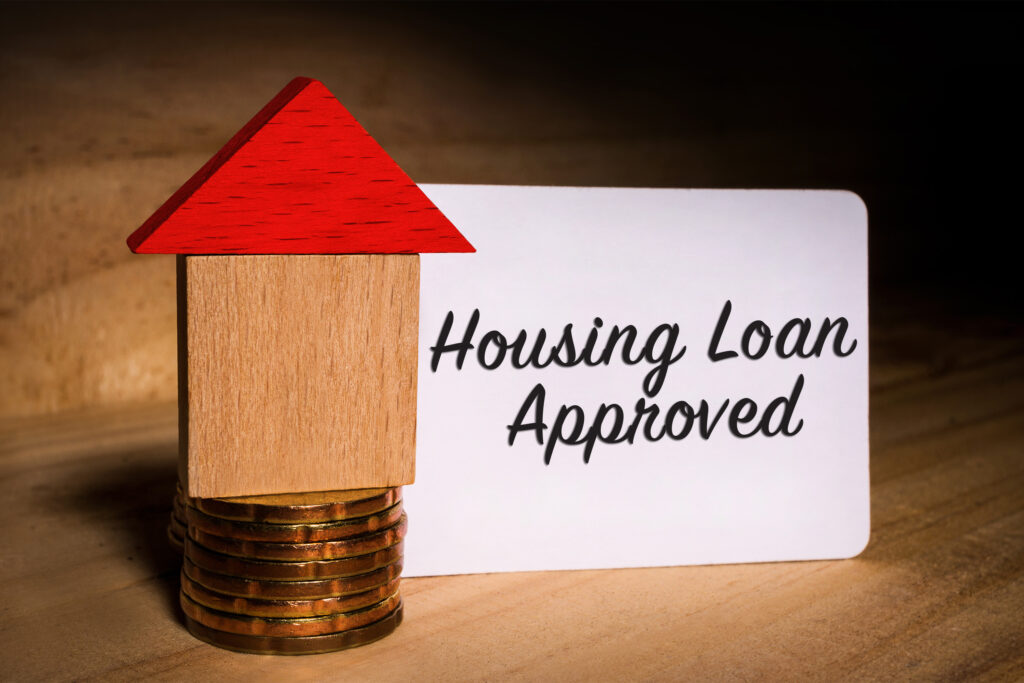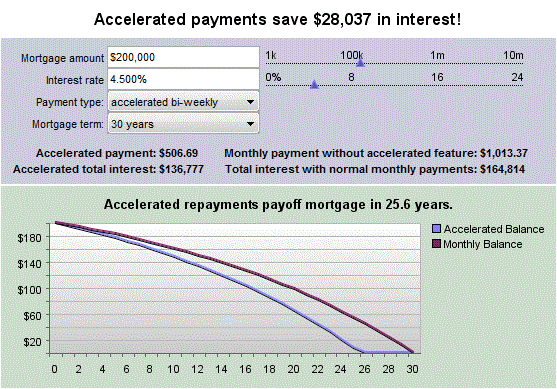Table of Content
Be sure to shop around and compare rates before you decide on a lender. The downside, though, is that closing costs tend to be high on cash-out refinances, so make sure you have cash on hand to cover these. According to Freddie Mac, the average closing costs on a refinance are around $5,000. Instead of getting a credit line that you can use many times, home equity loans give you a one-time, lump-sum payment at closing.

A HELOC works similar to taking out a home equity loan, but with a few differences. Here are the steps to using a paid-off house as collateral for a home equity loan. Bankrate is compensated in exchange for featured placement of sponsored products and services, or your clicking on links posted on this website. This compensation may impact how, where and in what order products appear. Bankrate.com does not include all companies or all available products. HELOCs aren’t as easily attainable, however, have smaller loan limits in general and are subject to increasing market rates.
Equity Loan Requirements
You could build equity quickly if you bought your home when the market was much lower. That equity is then used to determine how much money a lender may let you borrow using your house as collateral. Ultimately, paying off a mortgage using a home equity loan can make sense, but it is not a decision that should be taken lightly. By contrast, second mortgages follow a strict amortization schedule in which each payment includes both interest and principal. Technically, HELOCs offer a period of time, called a draw period, in which the borrower is free to pay only interest.
At this time, federal student loan payments have been suspended until Sept. 30, 2020, due to the pandemic. You can pay them down if you’d like, but not paying won’t ding your credit history. Additionally, selling a home for profit can help sellers pay off debt they might have, whether it’s from another house, credit cards, medical bills, or student loans. Whatever the motivation may be, sellers usually have a good reason for selling their paid-off home, and have an idea what they’re going to do with the profit from the sale. Home equity loans offer fixed interest rates with consistent monthly payments.
Cash-Out Refinance
Even with good credit, don't expect to get a loan on more than 80 percent of the home value. Lenders fear falling real estate markets, and potential financial hardship increases risk with higher loan-to-value percentages. At first glance, using a HELOC to pay down your mortgage seems like a very attractive option. A home equity loan is a second mortgage that allows you to borrow against the value of your home.
Perhaps you took out a home equity loan to use as a down payment on a new home. Maybe you have an existing HELOC on your home and are wondering what happens when you sell the house. As long as you’ve built some equity in your home, and your home is worth more than you paid for it, you generally won’t have any issues selling. You would do this with a cash-out refinance loan, which involves trading the equity you already have in your home for cash. You can use the cash you receive to pay off the remaining loan balance. Since you are using your home as collateral on the loan, a lender places a lien on your home.
How to get a home equity loan
If you default on the loan, though, the bank could seize and foreclose on your home. When making additional payments, this will decrease the loan balance quicker which creates more equity. Many lenders will do this and it is a huge disservice to the borrower.

So make sure that you can afford it before you change your original mortgage. Your equity can increase when the value of your home increases but the equity can also decrease when home prices decline. The second way your equity can increase is by reducing your mortgage balance over time with regular payments or making extra payments to expedite the mortgage reduction. As your equity increases over time, there are more options to withdraw your equity through loans. These loans are at significantly lower rates than personal loans or finance company loans.
Tax Lien Sale and Home Equity Loan
Aly J. Yale is a writer and journalist from Houston, specializing in mortgage, real estate, and personal finance topics. Her work has been published in Forbes, The Balance, Bankrate, The Simple Dollar, and more. The lender will order an appraisal of your house to determine its current market value. This is how they’ll calculate your LTV and how much equity you have to access. If you own your home outright and need a loan, a home equity loan is just one option.
You will also need to have a good credit score and a steady income to qualify for the loan. Before taking out a home equity loan, you should consider the potential risks. You should also be aware that the interest you pay on a home equity loan is not tax deductible like the interest on your first mortgage. Taking out a home equity loan on a paid-off house isn’t the only option for accessing your home equity.
A personal loan allows you to borrow money and repay it over time. Here’s what a personal loan is, how it works, and how to use one. Since a lender earns its profit on the interest charged on any loan, it’s easy to understand why they would want to ensure that the full term was honored. However, most home equity loans don’t incur what is known as early payoff penalties.
A home equity loan can allow you to borrow a one-time, large fixed amount of money you’ll repay over a fixed term. Alternately, a home equity line of credit is a line of credit, much like a credit card that allows you to “borrow” against the value of your home. Both types offer a loan or credit based on the amount of equity you have in your home.

No comments:
Post a Comment